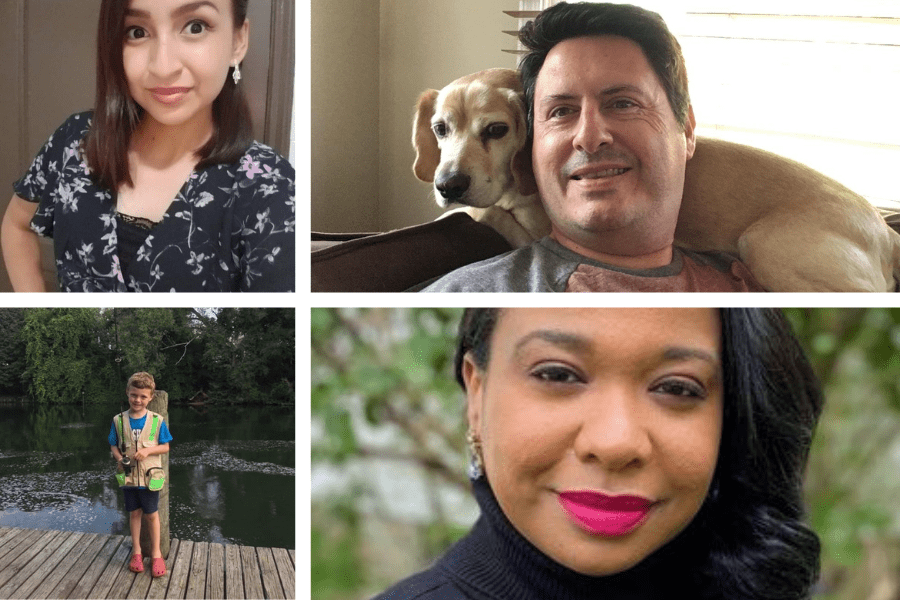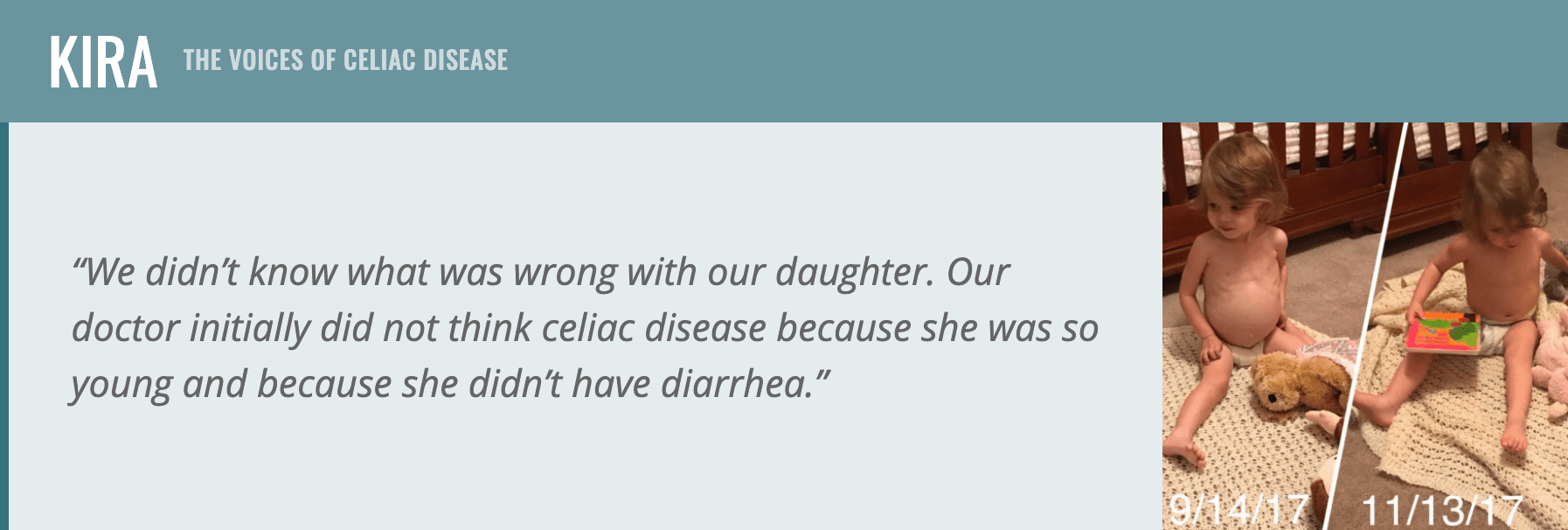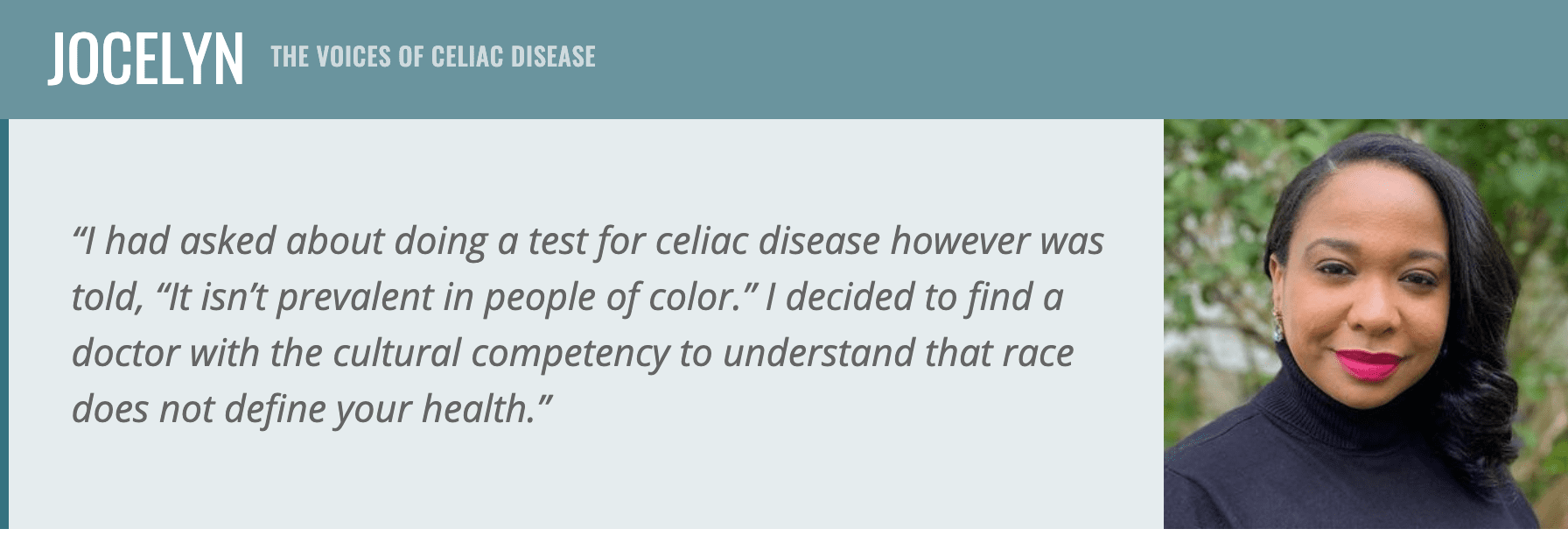
Beyond Celiac has launched The Voices of Celiac Disease, a story-collection initiative aimed at spreading awareness and understanding of celiac disease by highlighting diverse personal stories.
Community participation in this initiative will illustrate the breadth of the celiac disease journeys to diagnosis and help us raise awareness, improve diagnosis rates and help those living with gluten-related disorders.
Since its launch last month, we have received an overwhelming response with a multitude of stories. And what we found out was that the collective voice of celiac disease needs to be heard.
While we have already been collecting patient-reported data for research in our database, Go Beyond Celiac, for several years now, we also wanted to hear patient stories told in their own voice. What are the struggles they faced with diagnosis and living with celiac disease? Go Beyond Celiac data can be used by scientists and doctors to better understand and research this disease, but we believe that sharing The Voices of Celiac Disease will help increase awareness of its chameleon nature and help improve diagnosis rates.

A common theme across stories is doctors not listening to their patients, like Christine who suffered for 47 years with anemia, infertility issues, rashes and more before finally being diagnosed with celiac disease. Many suffering are also being told their symptoms are just “in their head,” like Gabrielle, who was put on anti-anxiety medication instead of being tested. Others are not having their symptoms connected to celiac disease, like young Noah whose mother felt she was being “brushed off” by his pediatrician despite him not putting on weight and multiple ER visits for gastrointestinal issues. He was diagnosed only after his mother found out about celiac disease and requested the blood test.
Certain stories highlight that some doctors don’t believe that certain people—due to their race, ethnicity, age or gender—can even have celiac disease. This happened to Jocelyn, who was outright told that celiac disease isn’t prevalent in people of color, therefore no need to test. Thanks to her persistence in fighting for her own health, Jocelyn sought another doctor, “with the cultural competency to understand that race does not define your health,” and was ultimately diagnosed with celiac disease.

These are serious issues that need to be addressed. We hope that by collecting both personal stories and research data and sharing them with the medical community and general public that we can make strides in diagnosis—across communities, no matter a person’s race, ethnicity, gender or symptoms.
Help us help others by reading personal stories and sharing yours today at The Voices of Celiac Disease.





